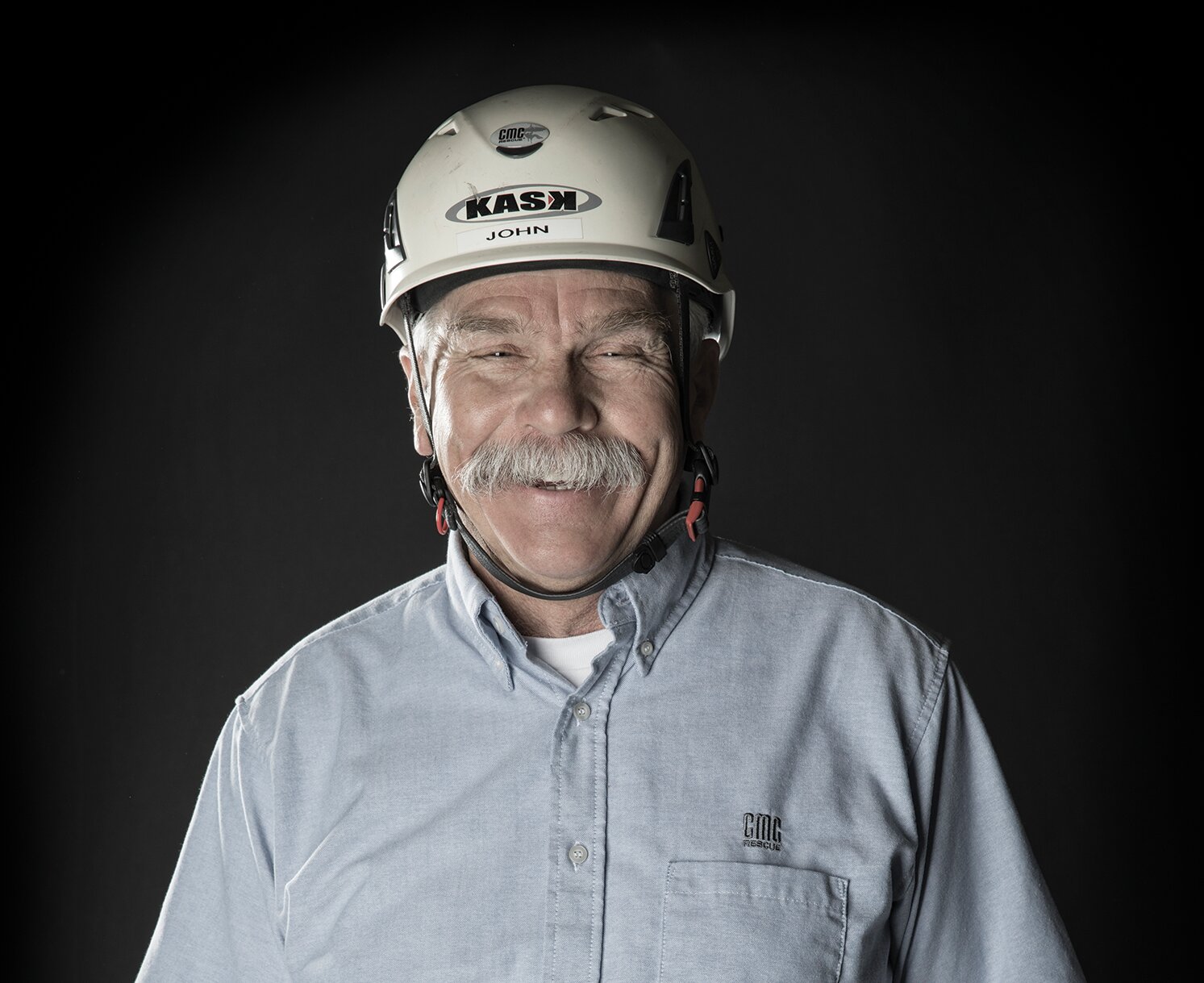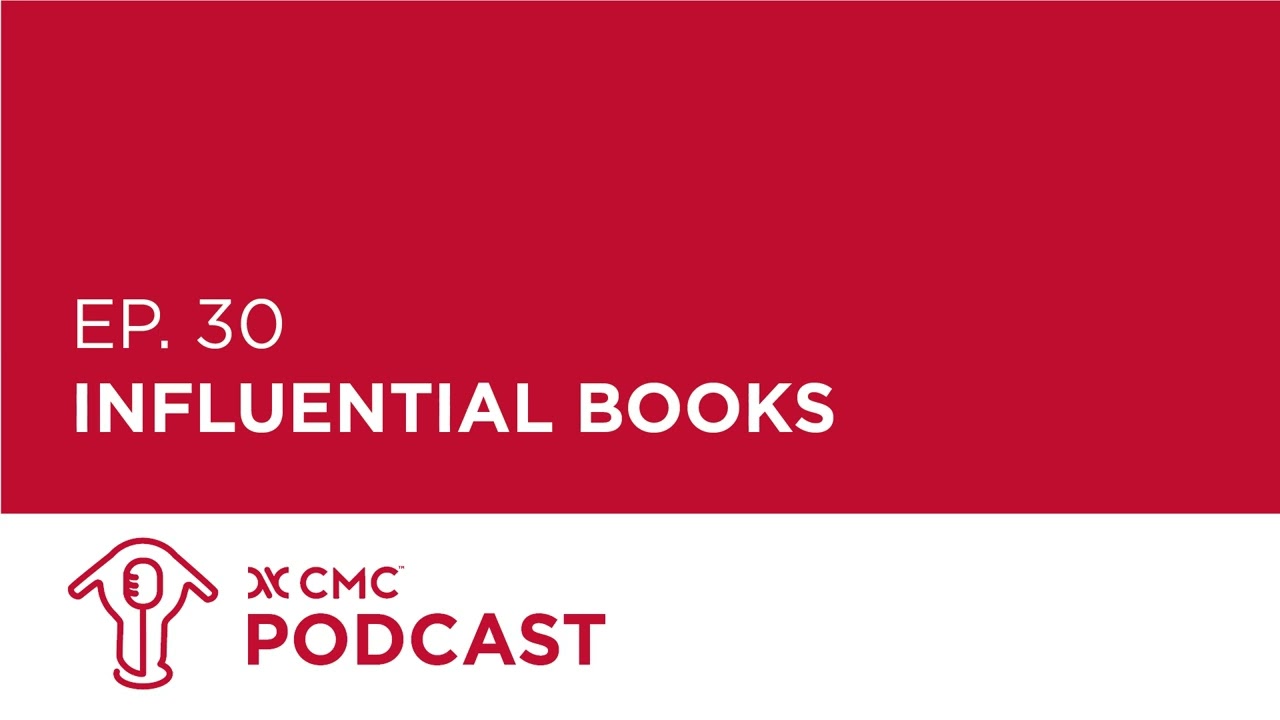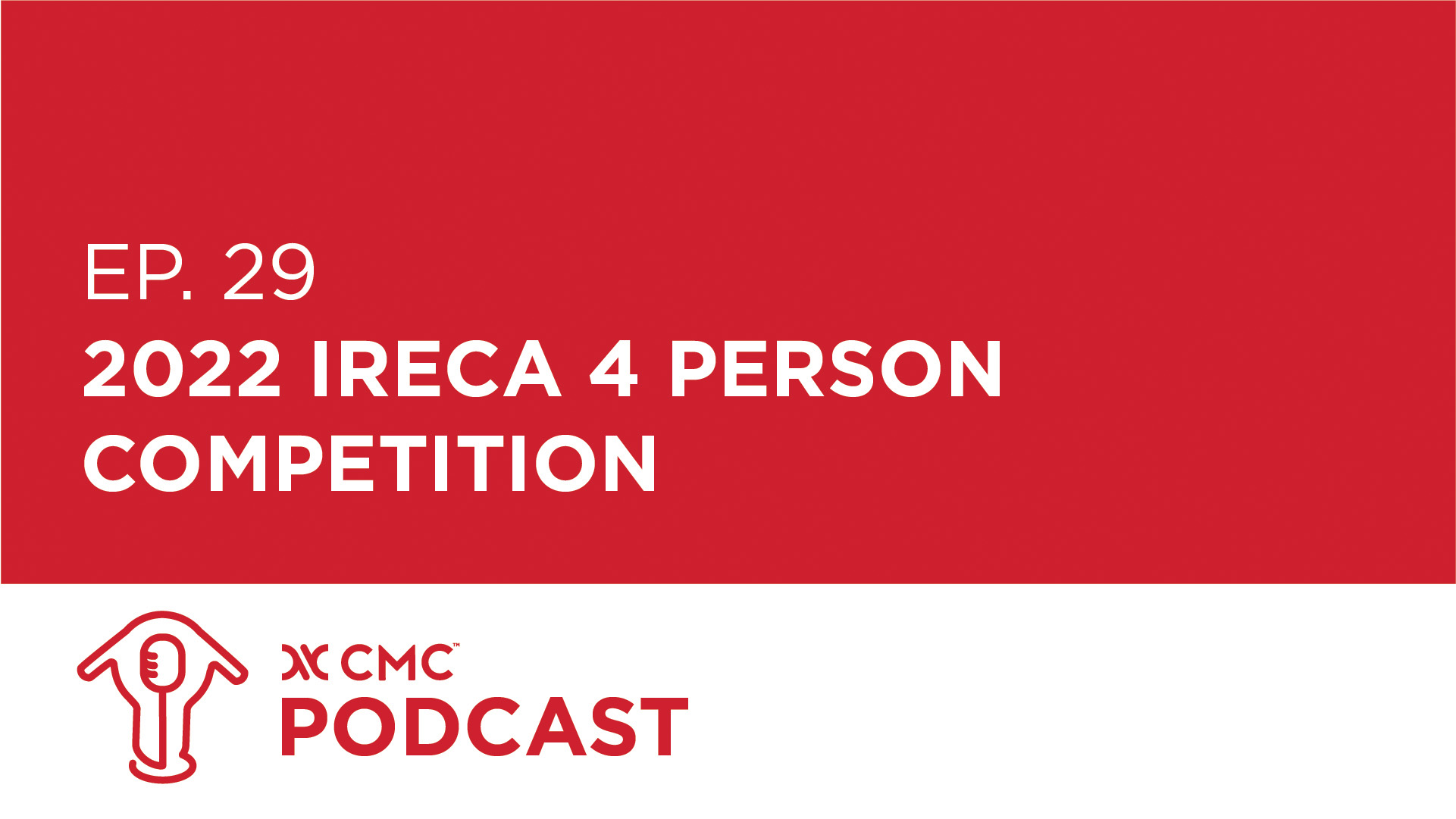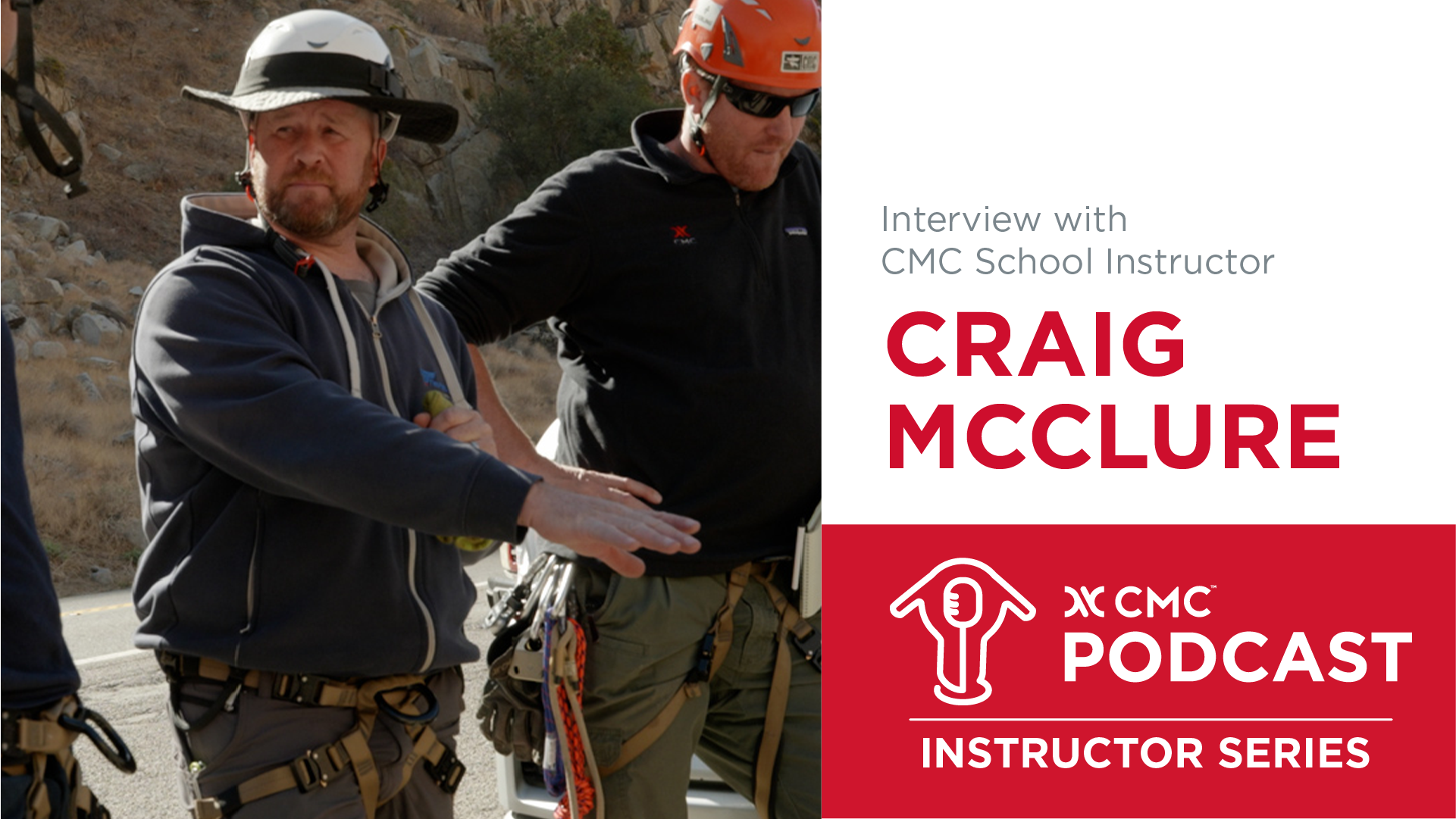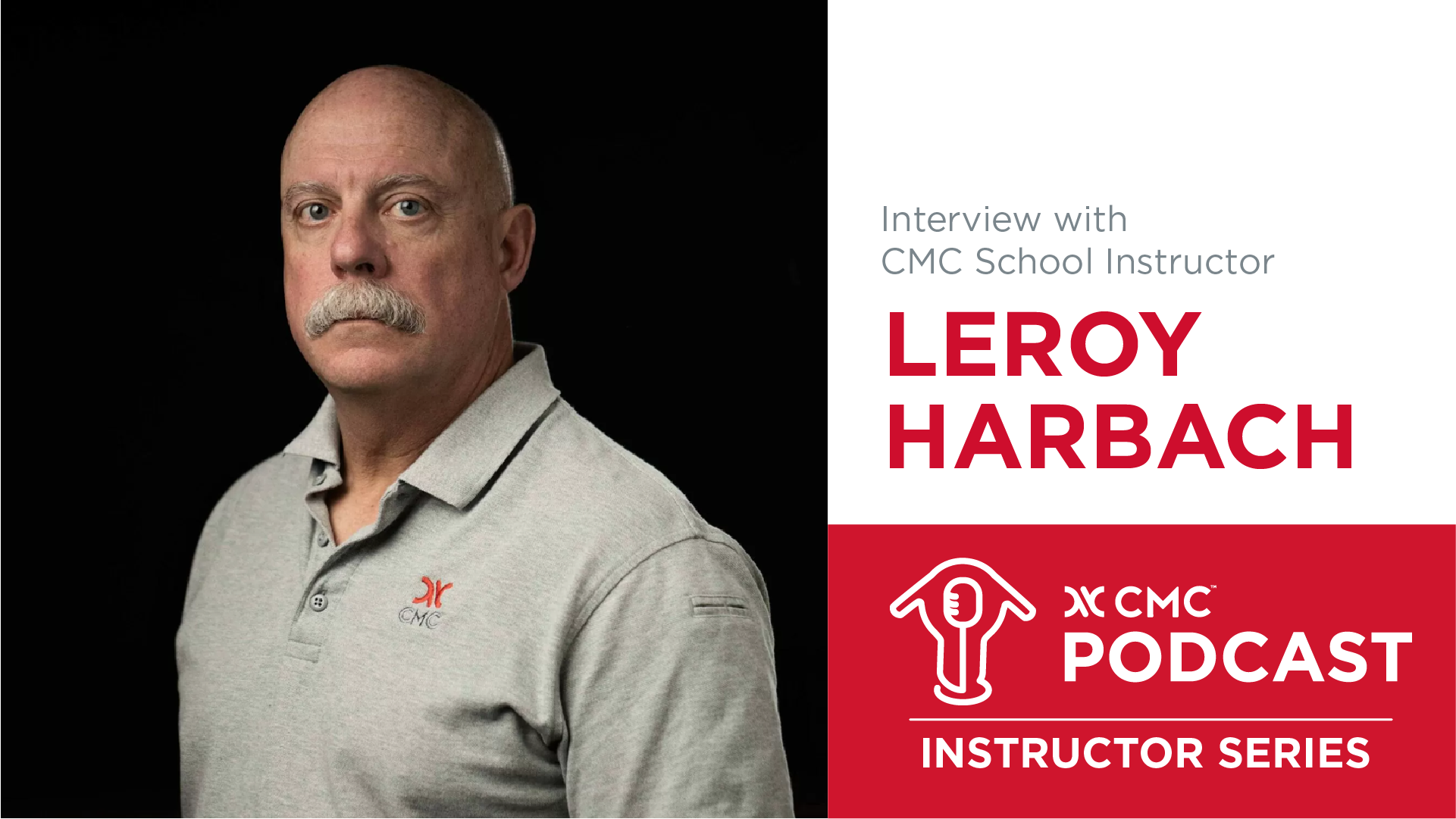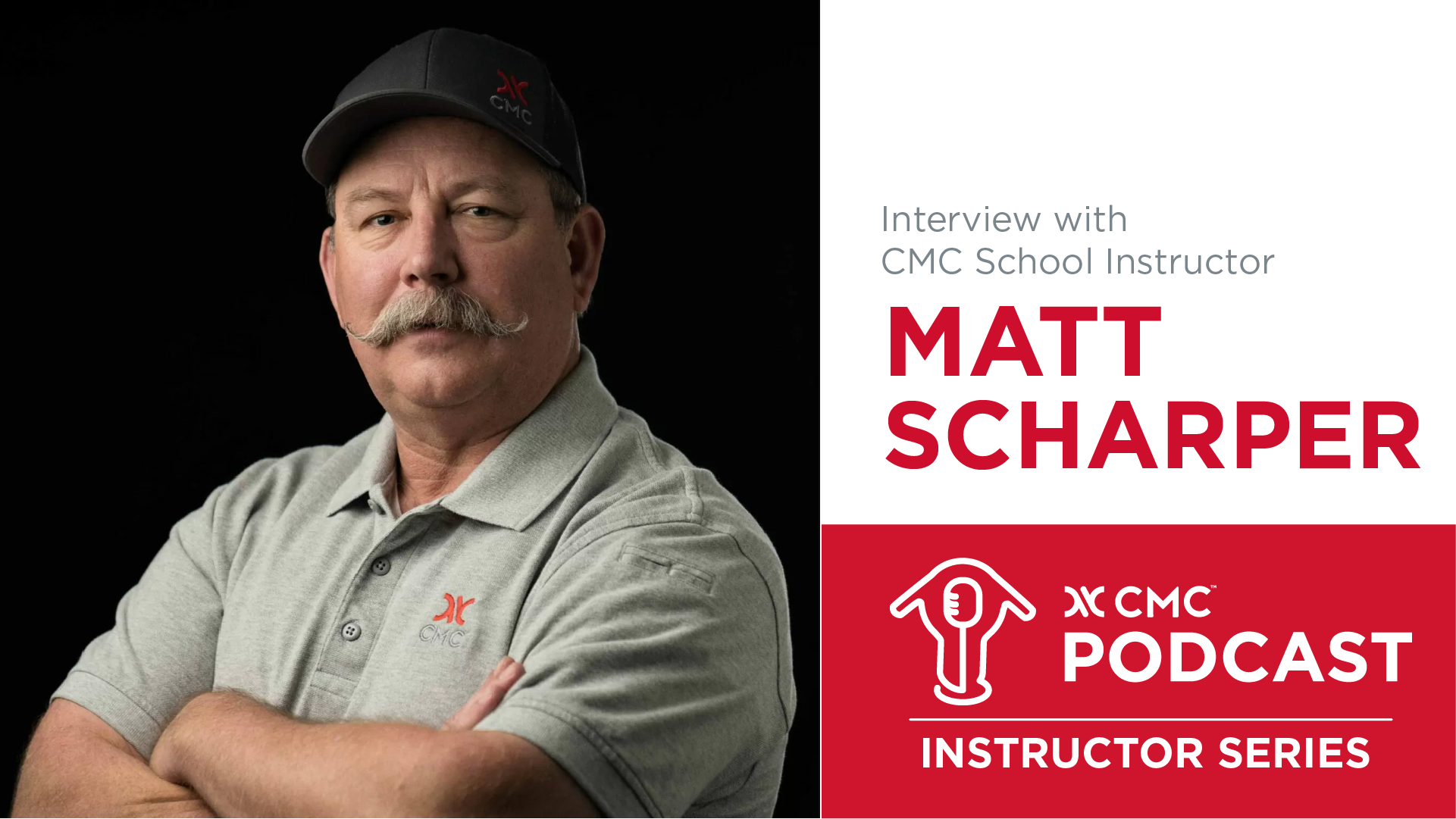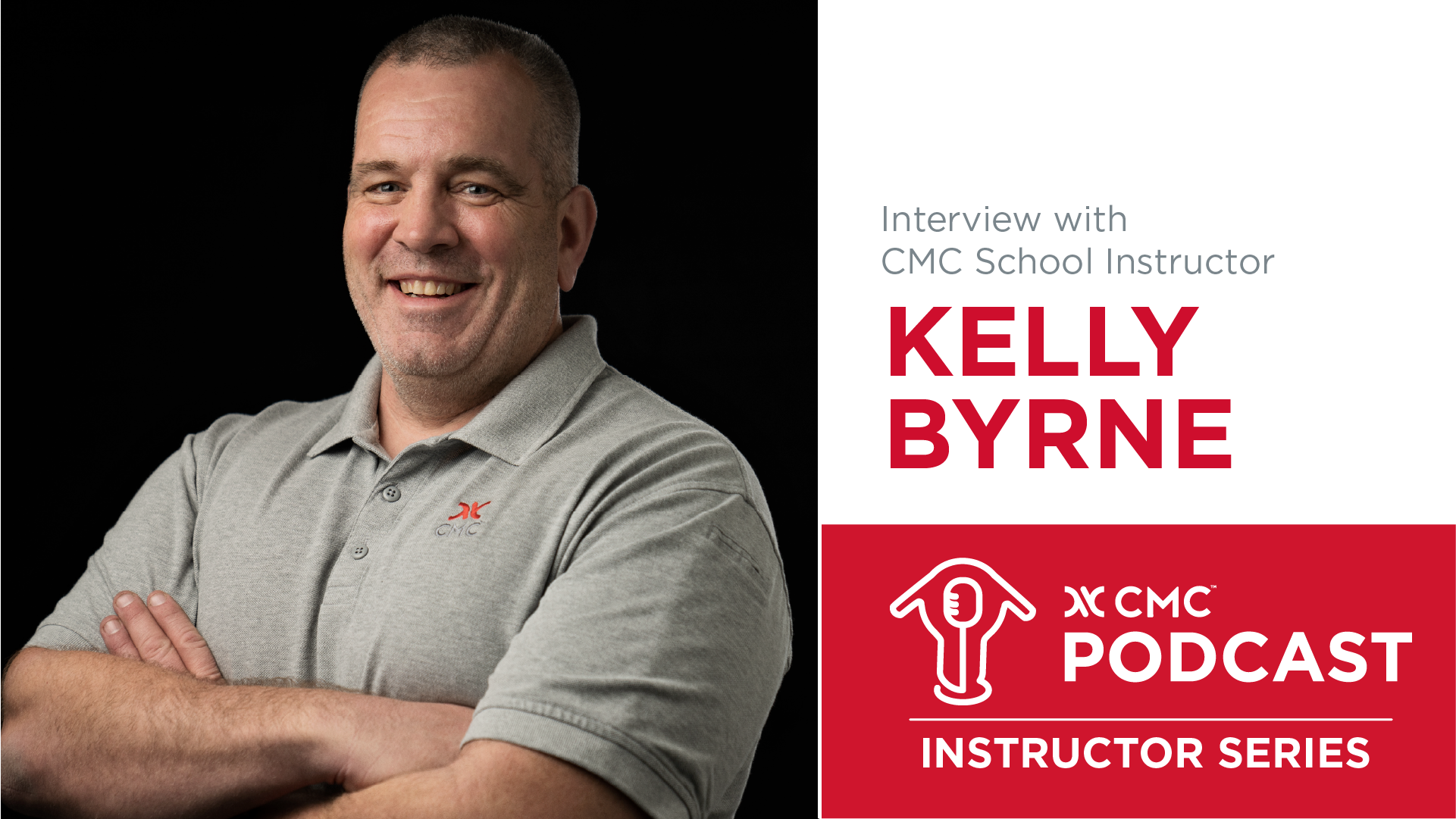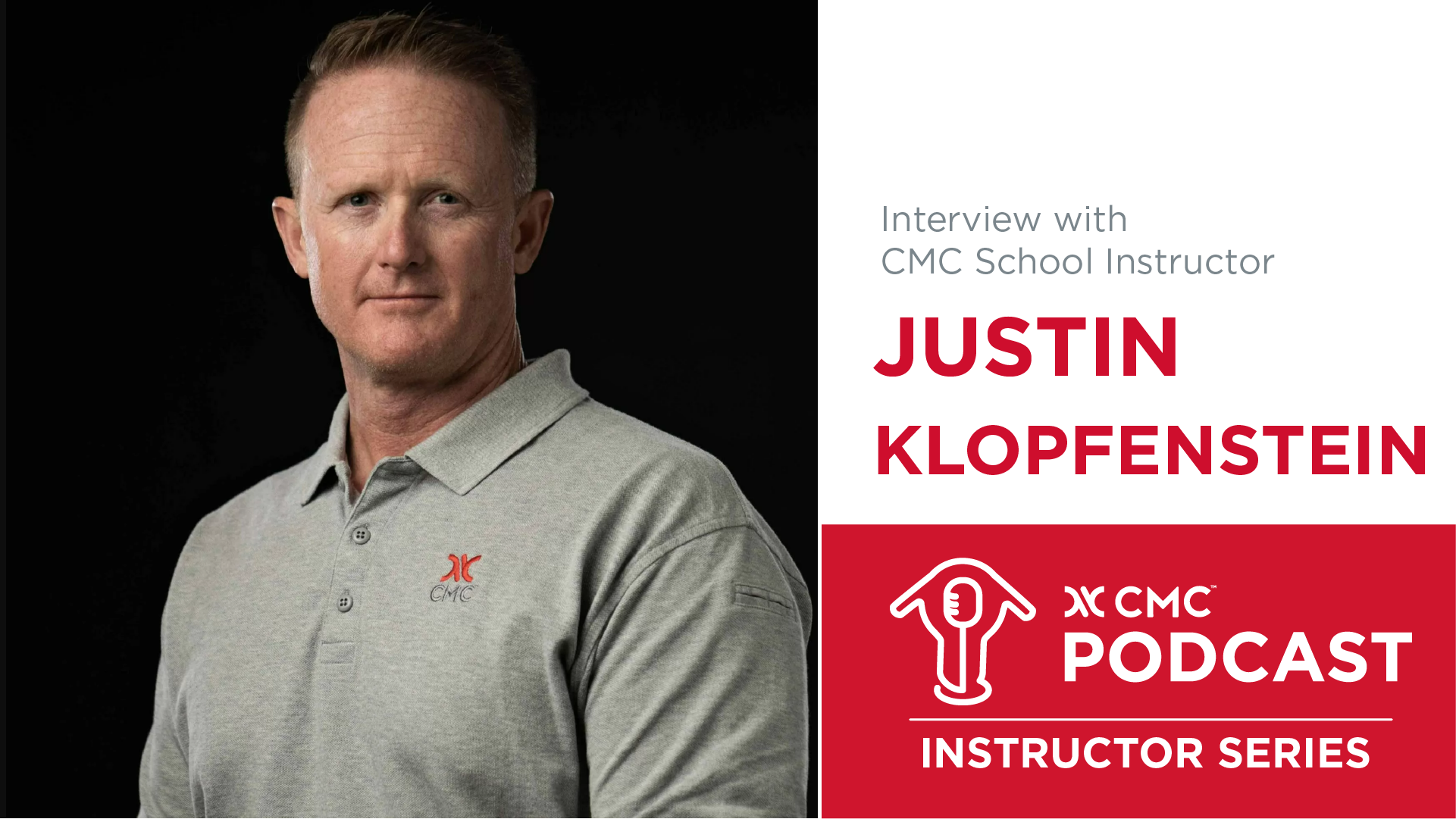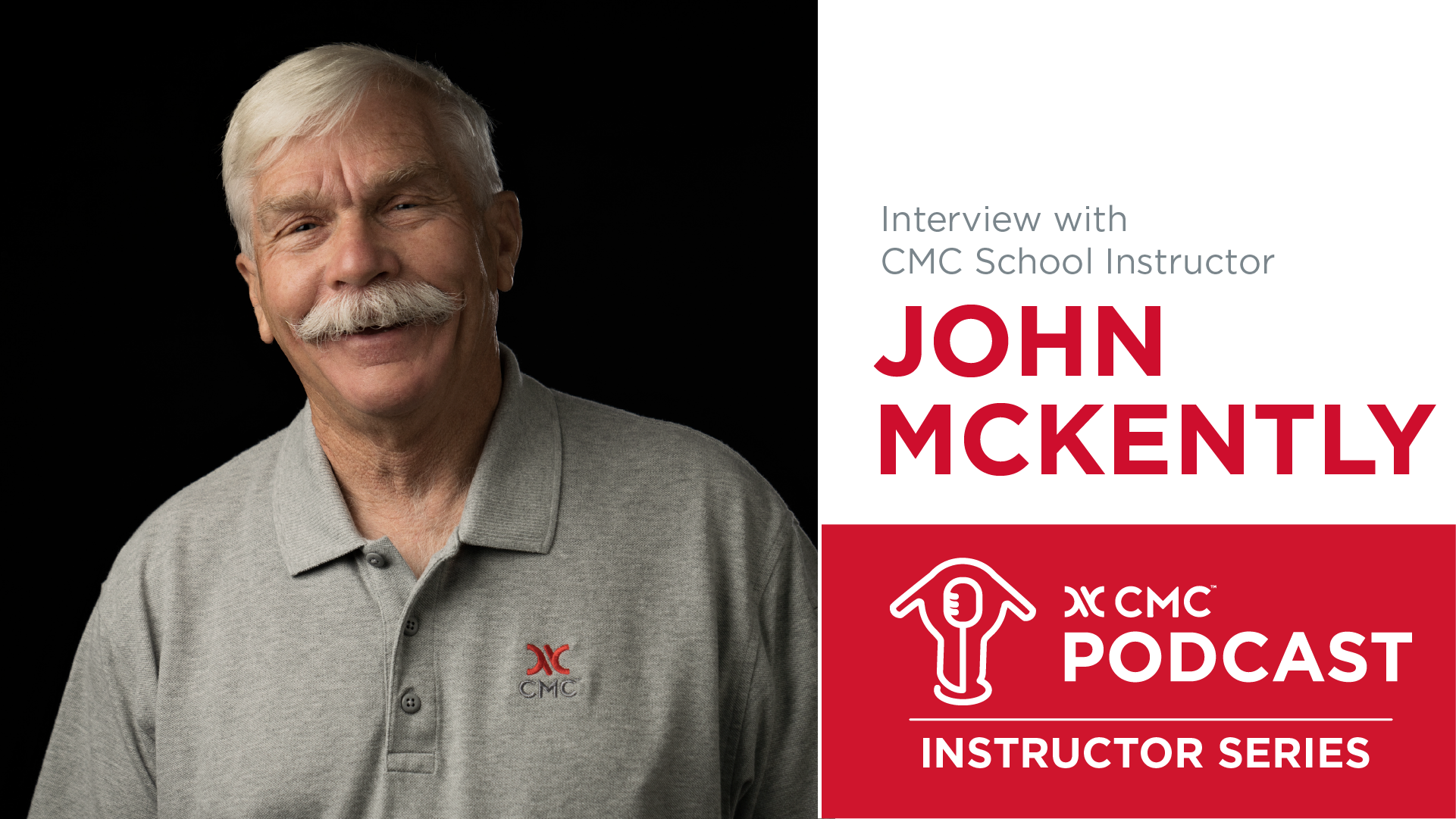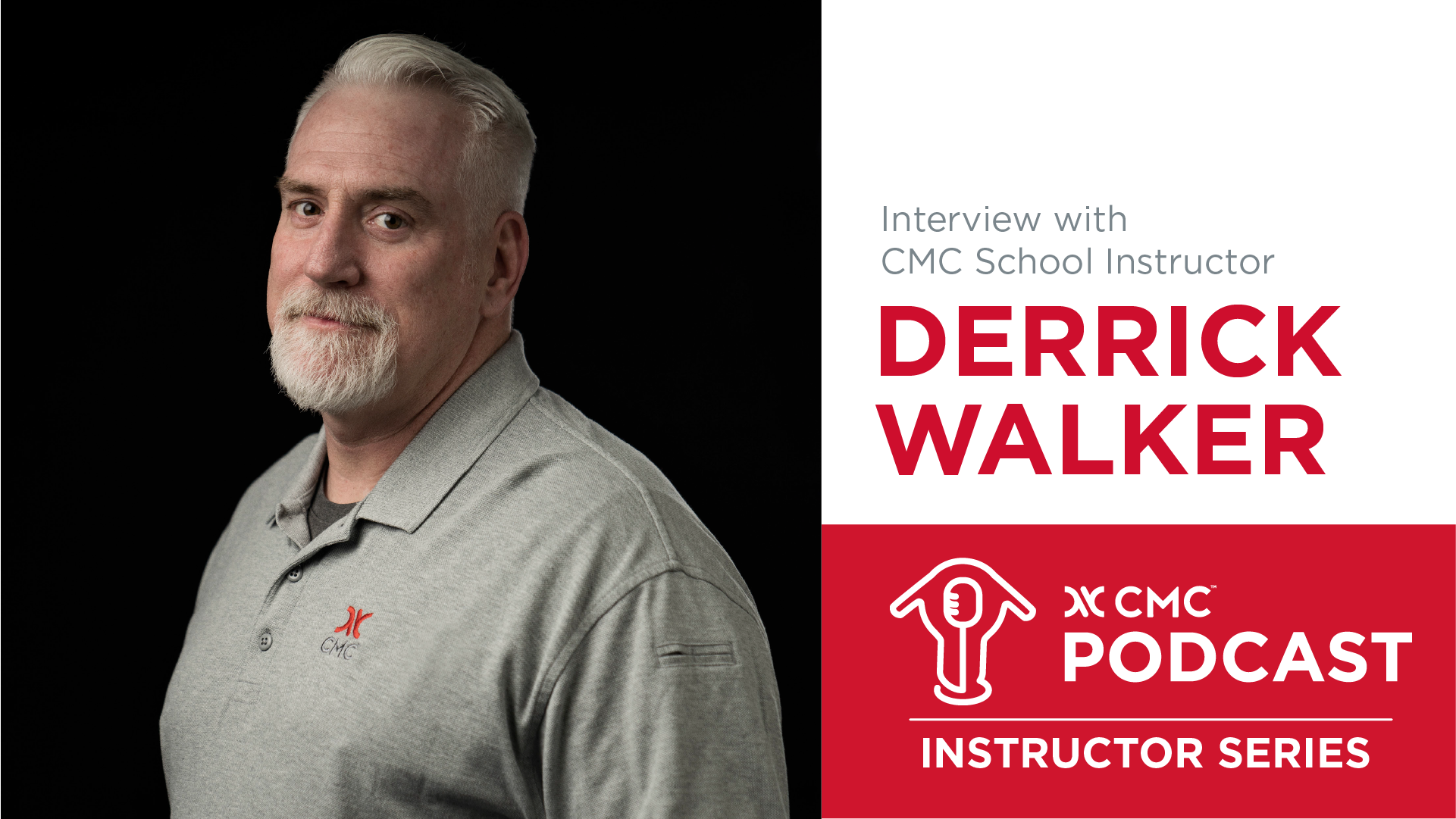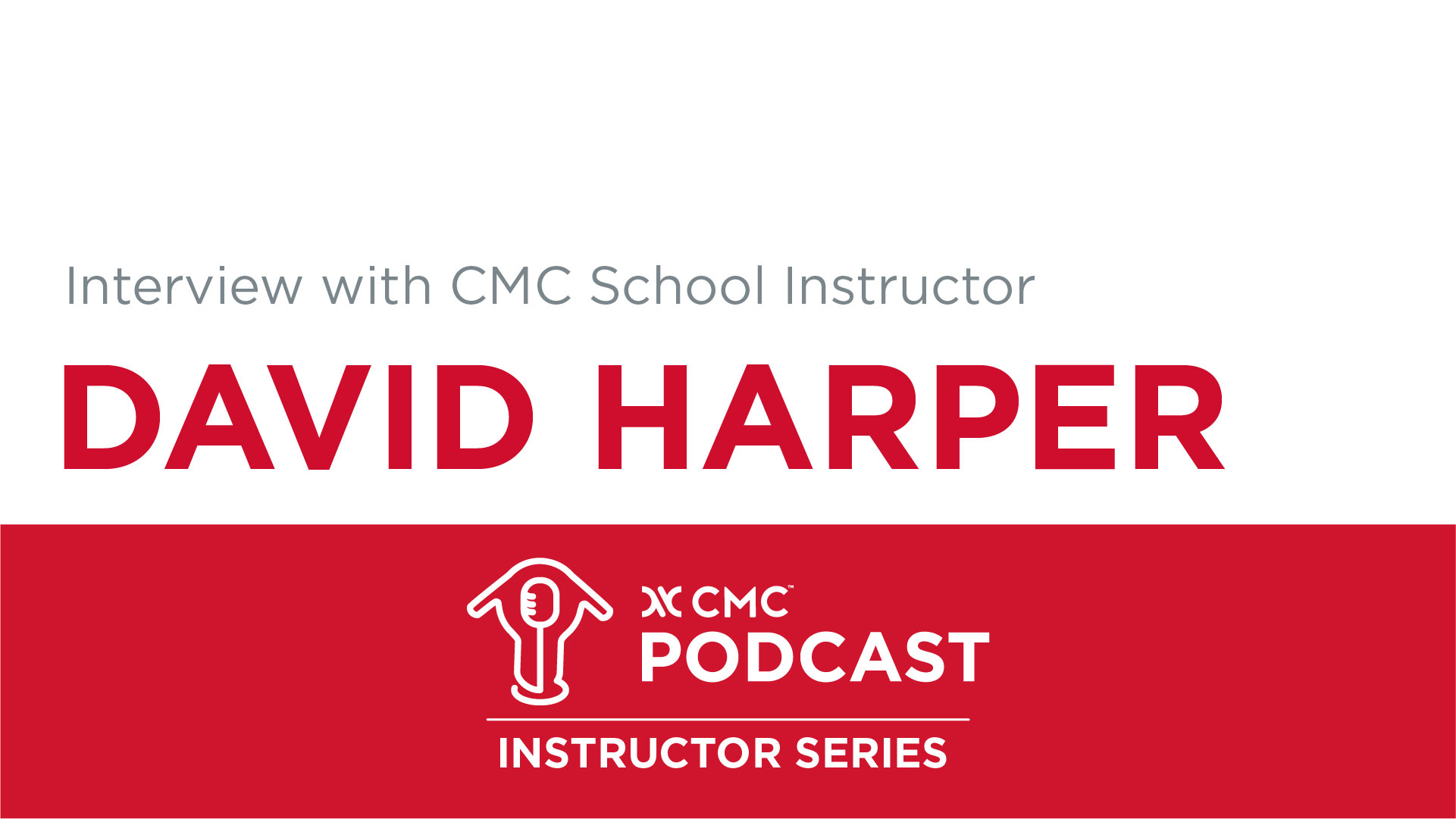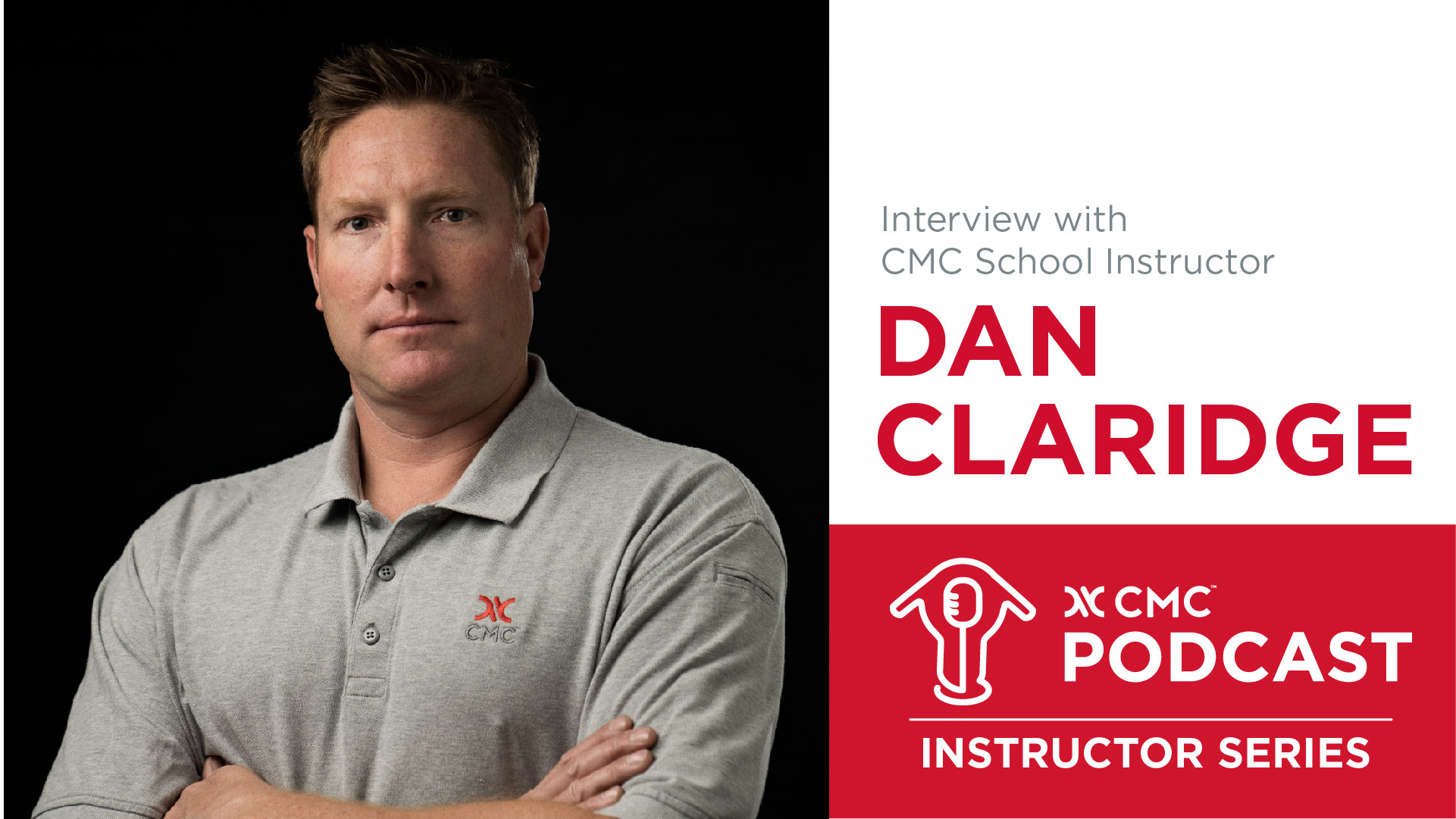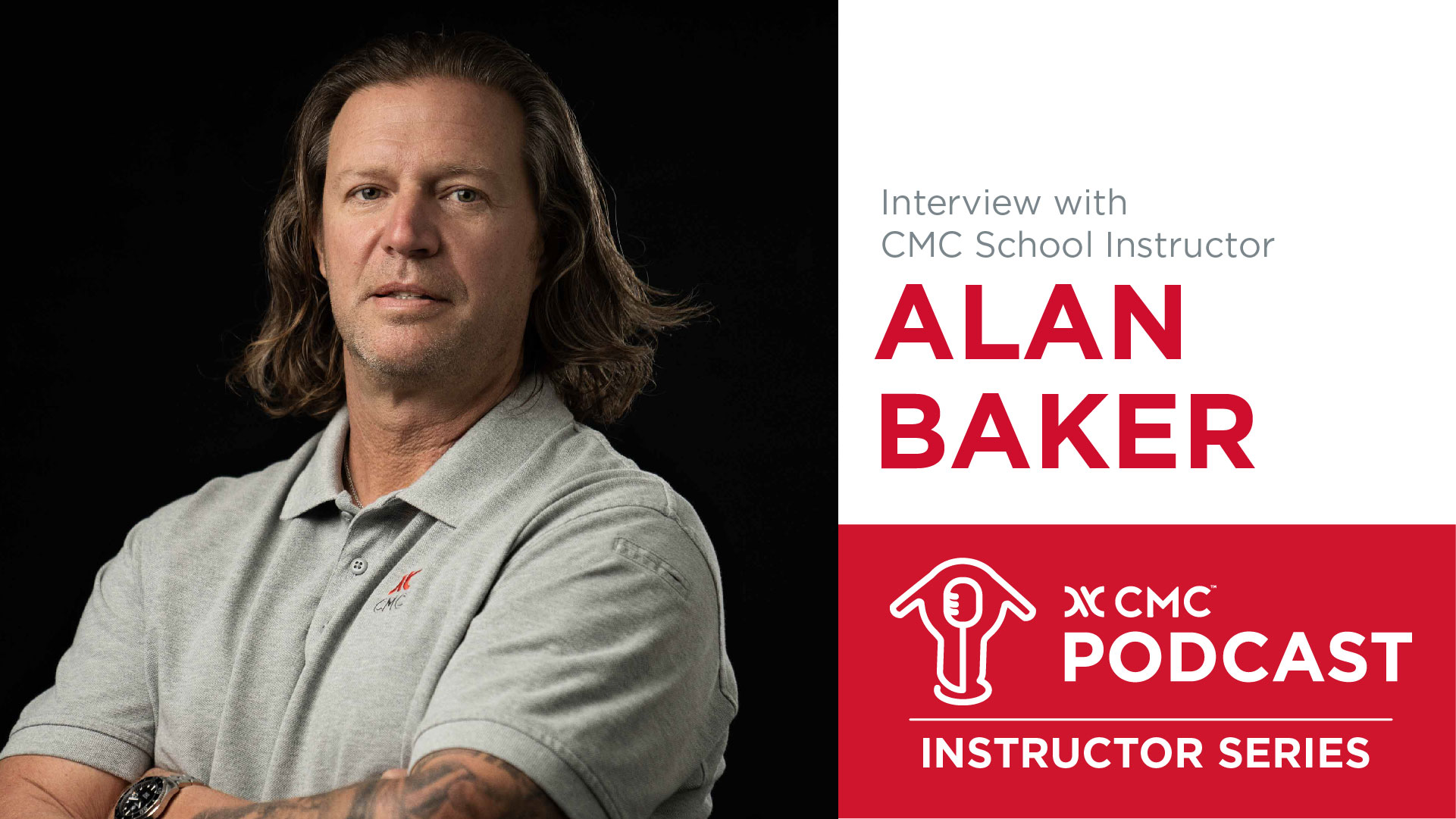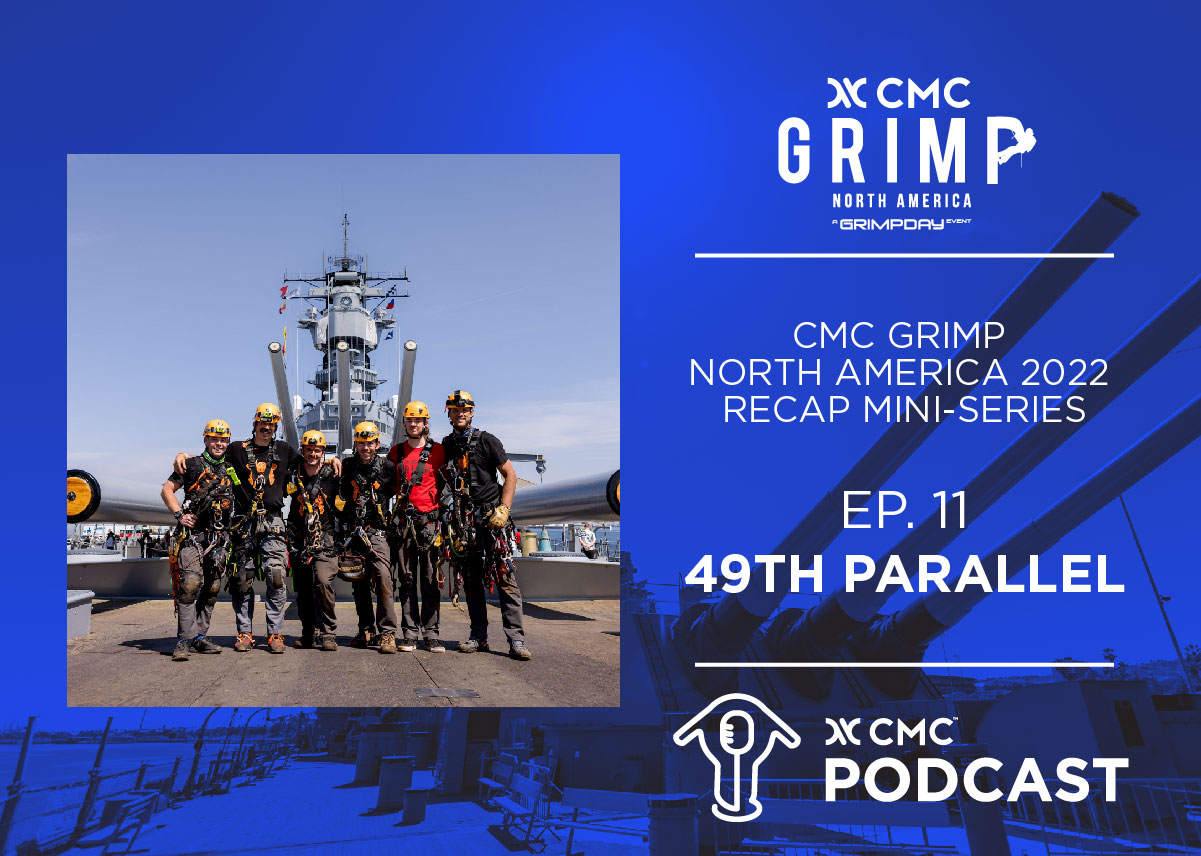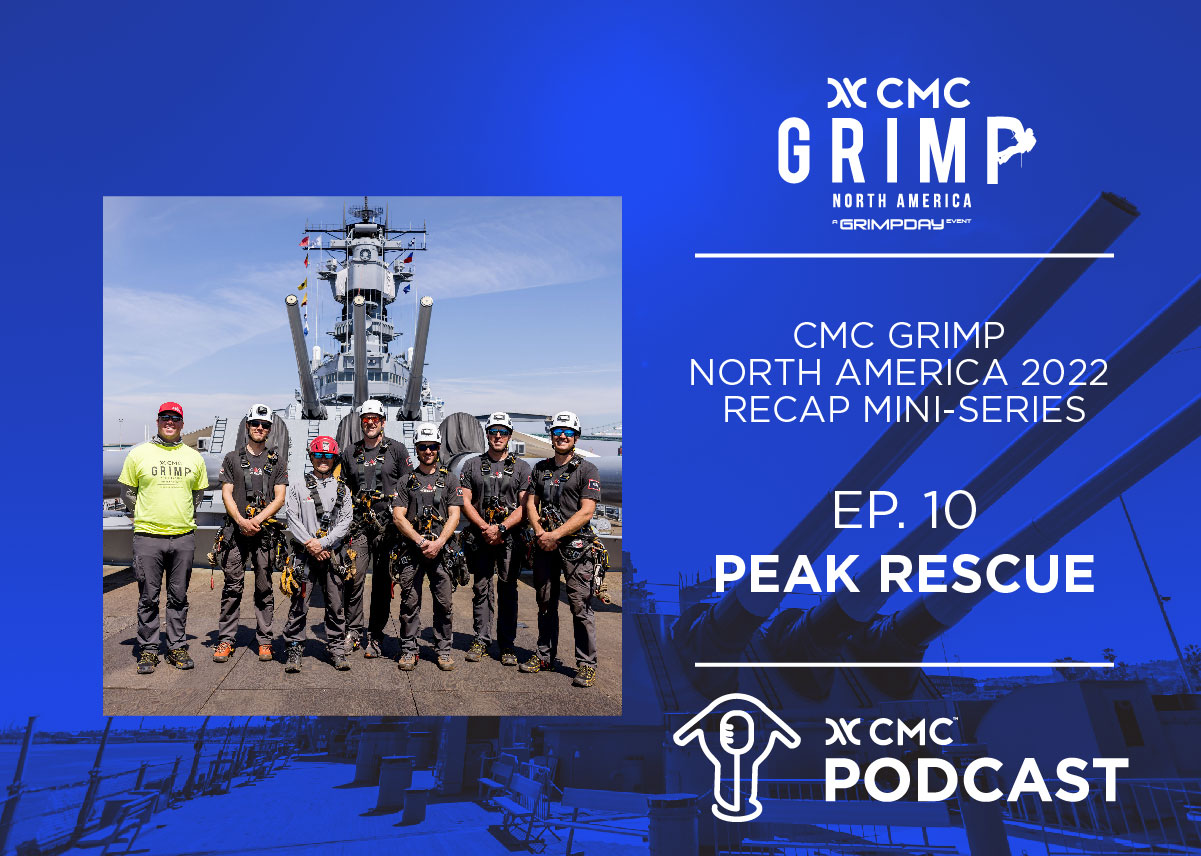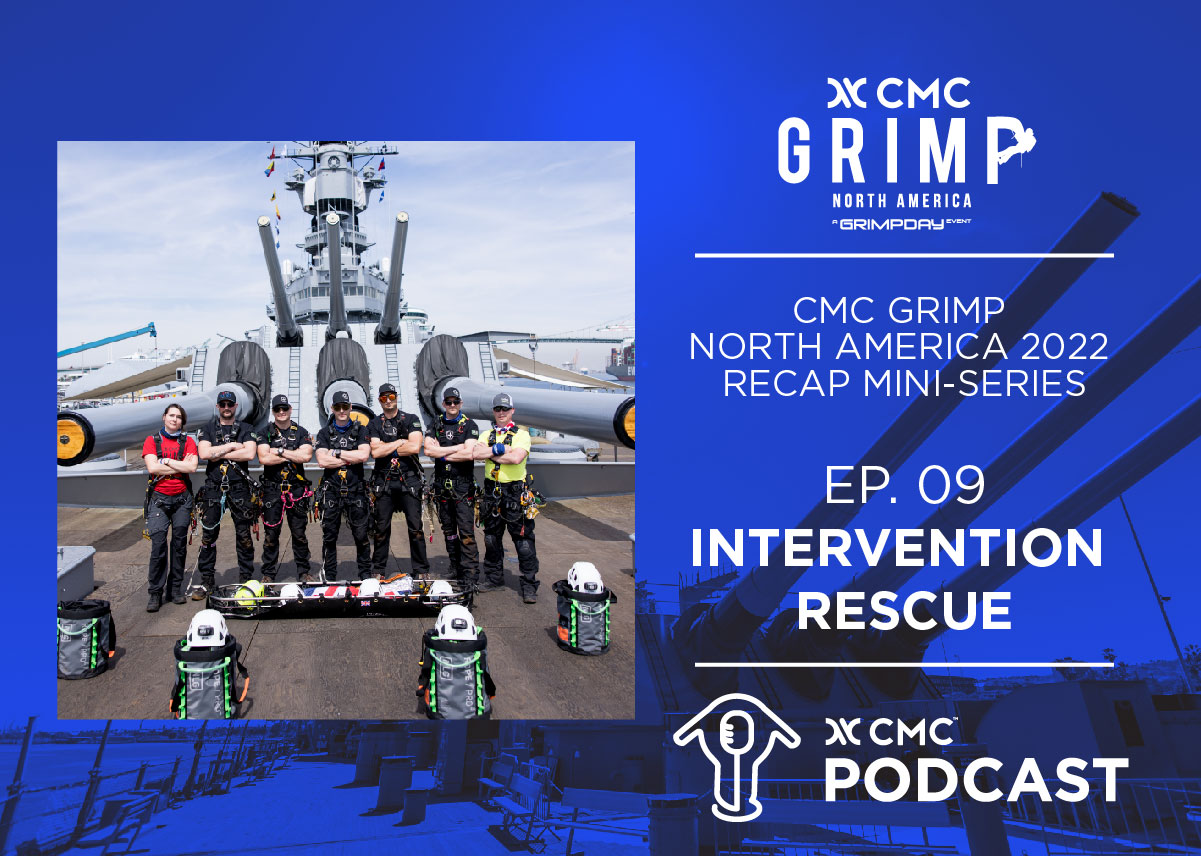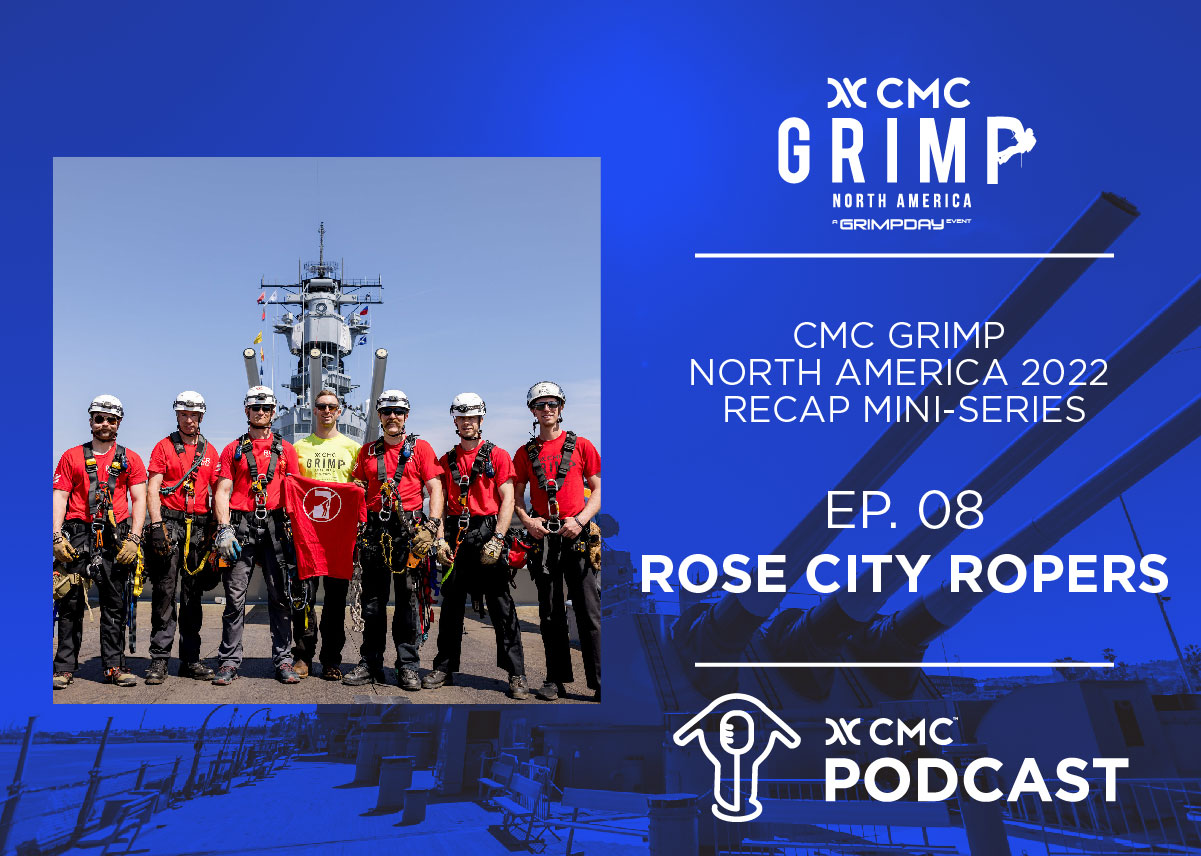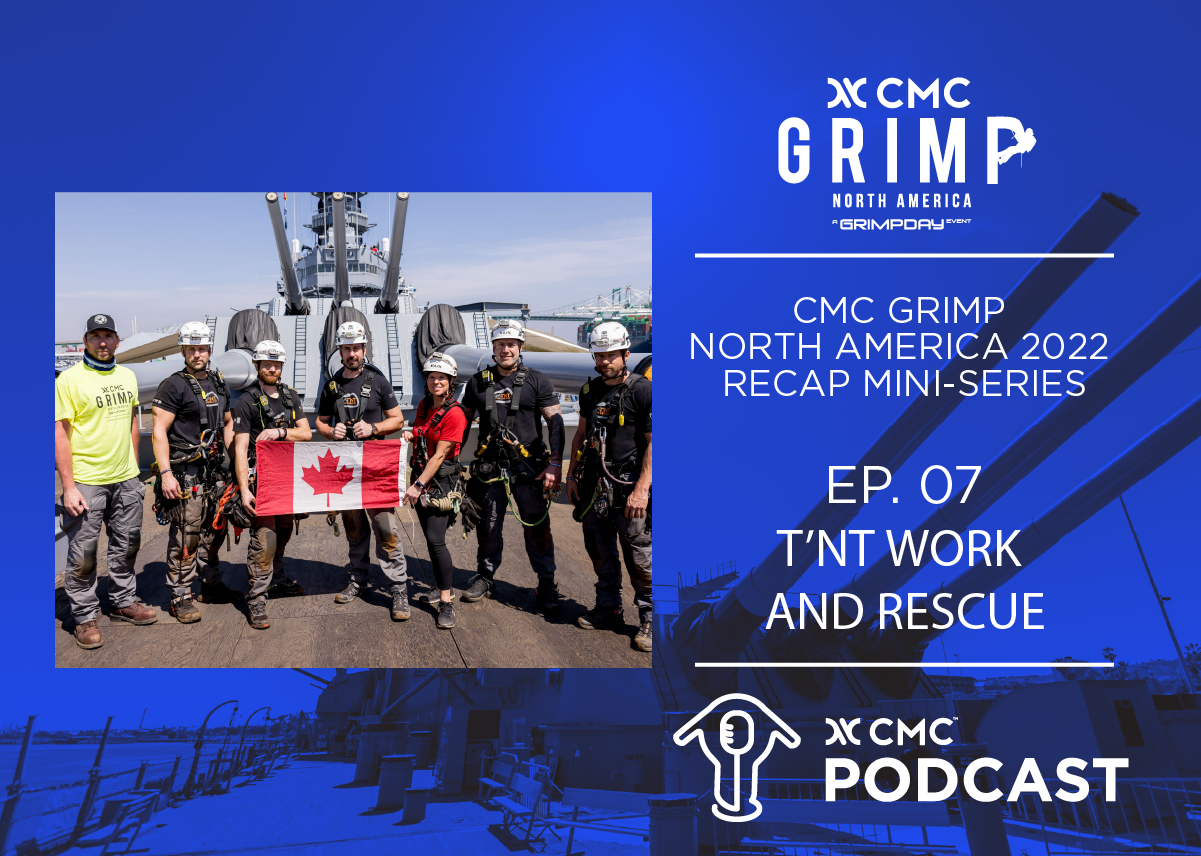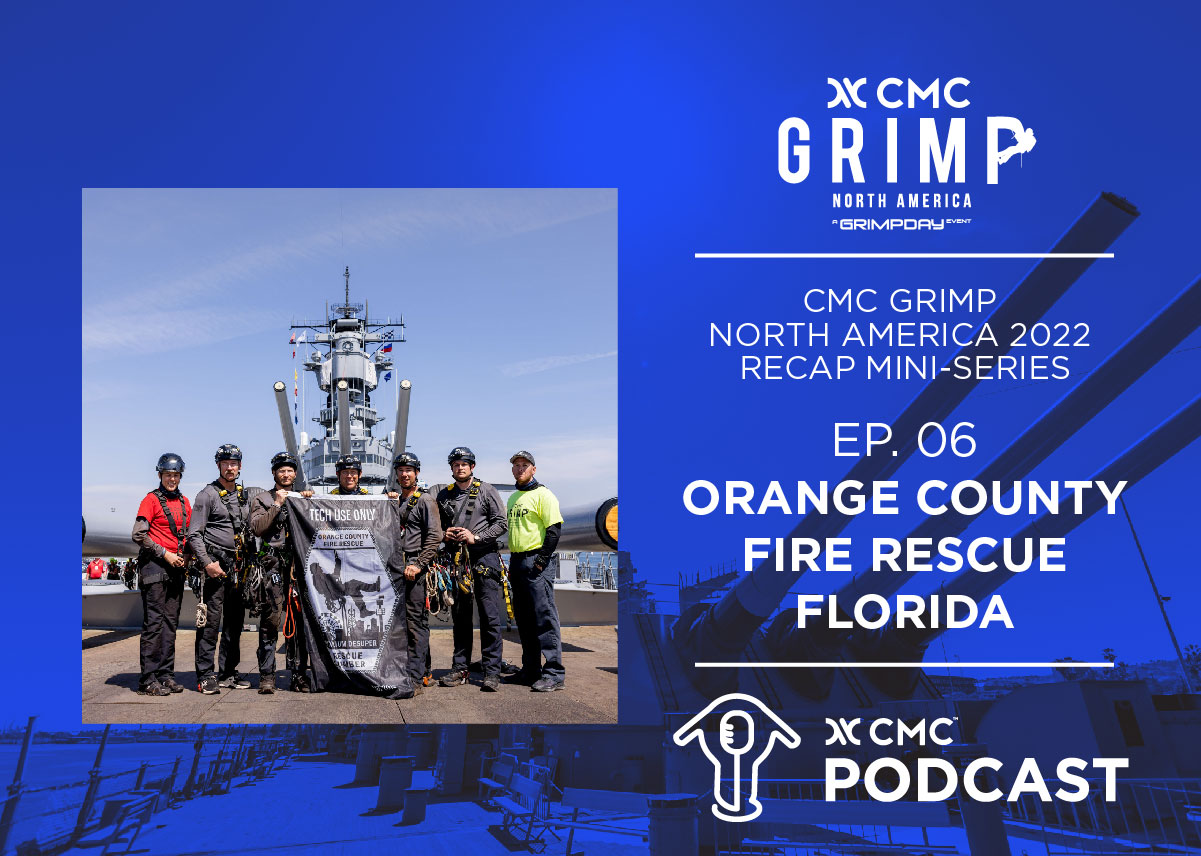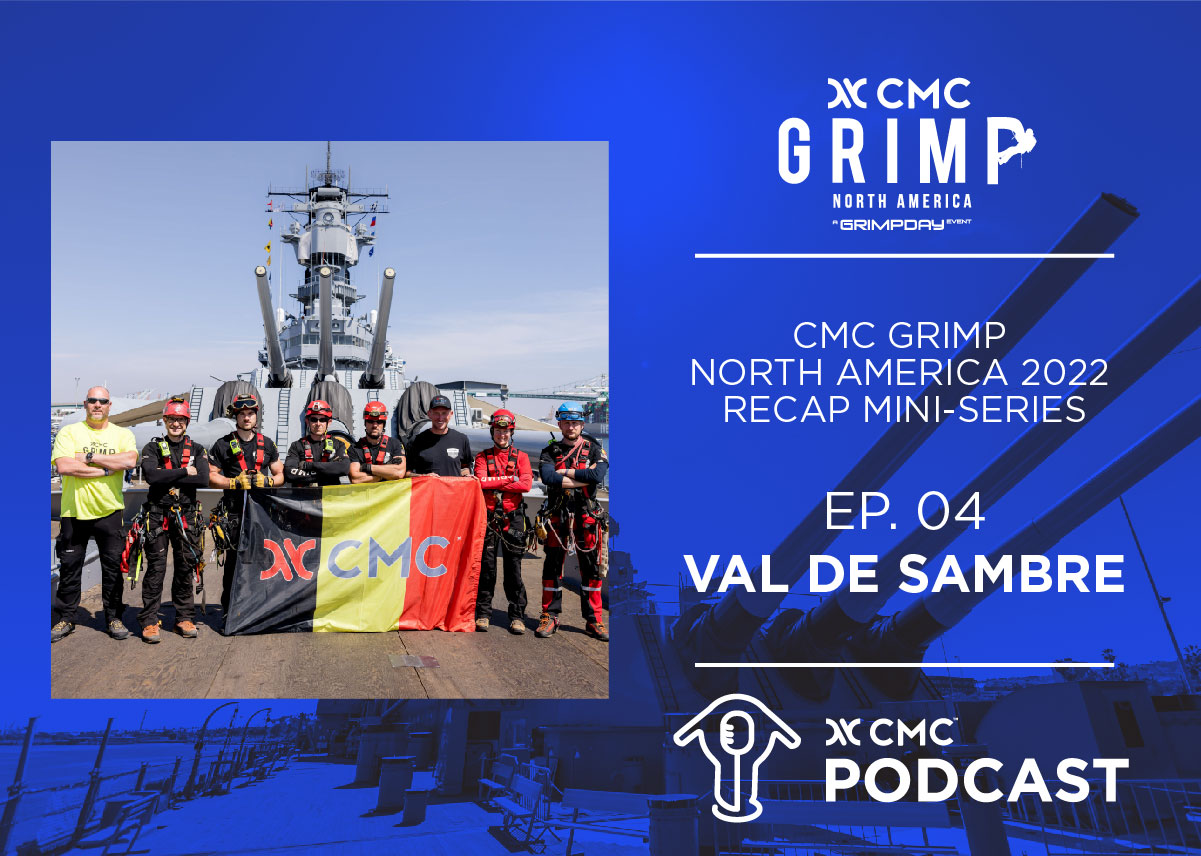
CMC Podcast 6 - 47 Years of SAR - Interview with John McKently
Contributors in this Episode
Summary:
What does one learn from 2,397 rescues over the course of 47 years?
In this episode of the CMC Podcast LeRoy Harbach interviews CMC Senior School Instructor John McKently discussing the changes and evolution of SAR.
Topics Discussed:
1:00 Who is John McKently?
2:05 What do you see as the biggest changes that have taken place over your career?
4:45 Carabiner types and material evolution.
7:40 What did you do before CMC?
8:45 How did you get into rescue originally?
10:00 How many rescues over the years?
11:50 Changes in systems and hardware.
18:40 Camp crews and labor management.
20:55 Other equipment changes over the years.
24:17 Standards
27:55 How do resources like helicopters interface with your typical responses?
33:05 Where do you think things in rope rescue are going?
39:08 Decent control numbers.
51:05 Closing thoughts.
Links:
2:30 Kernmantal Rope https://en.wikipedia.org/wiki/Kernmantle_rope
2:30 Laid Rope https://en.wikipedia.org/wiki/Rope#Laid_or_twisted_rope
Additional Links
Plymouth Cordage Company https://www.plymouthcordageco.org/
Join the Conversation
We appreciate listener feedback. Please let us know if you have any questions or topics you’d like covered in future episodes of the CMC Podcast. You can also email us at podcast@cmcpro.com
Important Warning
- Many of the activities discussed in this podcast pose a very substantial risk of serious injury or death.
- Products and techniques discussed in this podcast are intended for use by specially trained professionals.
- Technical rescue, rappelling, climbing and the training involved are very hazardous activities. Each situation has its own unique conditions and must be evaluated by those present. Effective risk management comes from experience, proper training and good personal judgment.
- CMC is not liable for any damages arising from abuse or improper use of the techniques or equipment discussed in this podcast.
- Topics discussed are the ideas and opinions of each individual.
- Department protocol and regulations should always take precedent.

